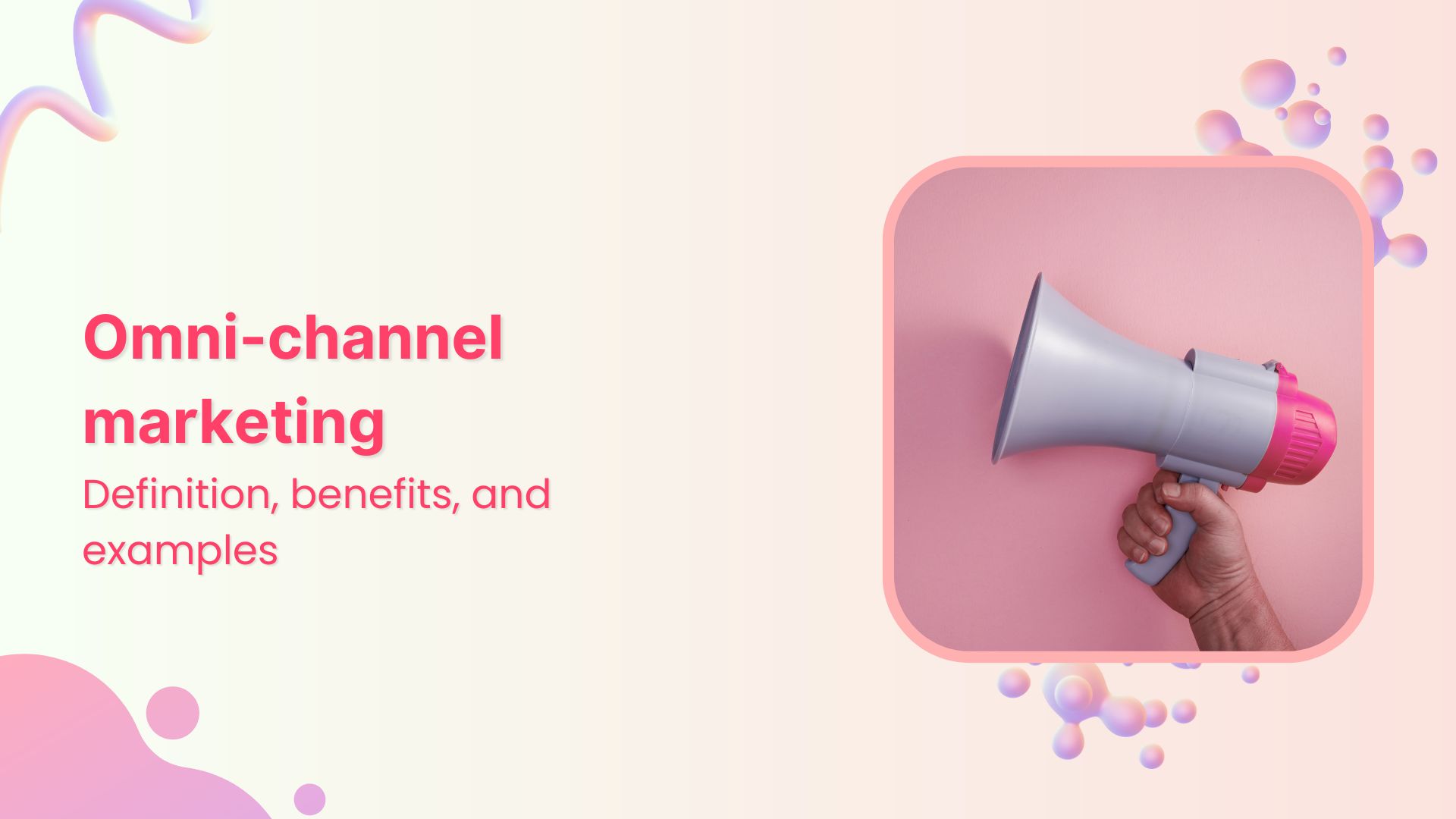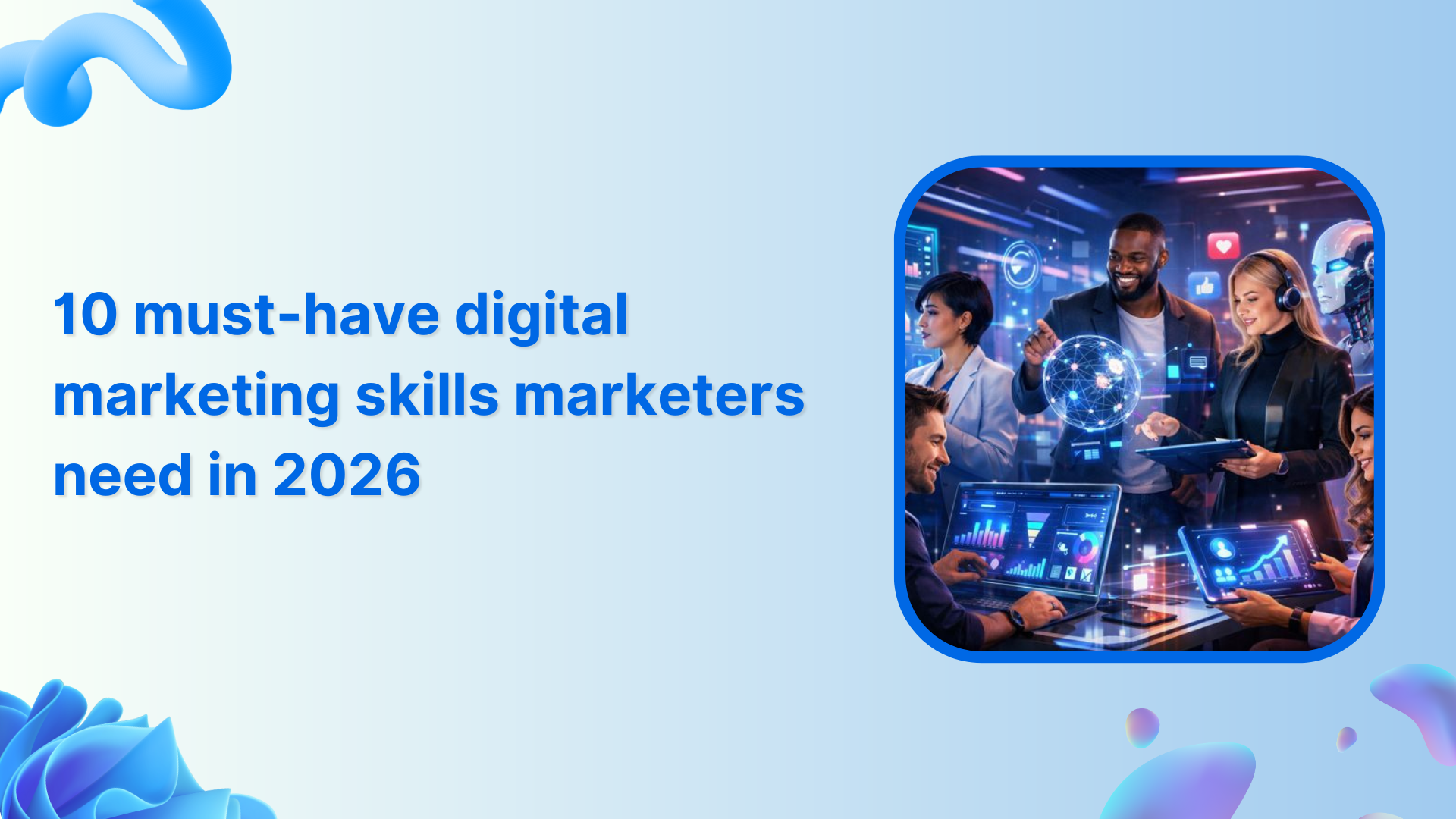Bulk-generate & schedule posts in seconds with Smart Scheduling. Try now!
B2B (Business-to-business)

What is B2B?
Business-to-Business (B2B) refers to business conducted between companies rather than between a company and individual consumers.
This model involves companies selling products, services, or solutions to other businesses rather than to end consumers. B2B transactions typically involve larger volumes, more complex decision-making processes, and longer sales cycles compared to business-to-consumer (B2C) transactions.
Key characteristics of B2B marketing
Longer sales cycles
B2B purchases usually involve multiple decision-makers and stakeholders, resulting in extended sales cycles. This necessitates a more strategic approach to content marketing and relationship building, often spanning several months or even years.
Complex decision-making process
Unlike B2C purchases, B2B decisions typically require input from various departments, including:
- Finance teams for budgeting
- Technical teams for implementation
- Management for strategic alignment
- Legal teams for compliance
Value-based relationships
B2B relationships focus on long-term partnerships rather than one-time transactions. Companies must demonstrate consistent value through comprehensive B2B content marketing strategies and maintain strong customer relationships.
B2B marketing strategies
Social media presence
B2B companies increasingly leverage social media platforms, particularly LinkedIn, for brand building and lead generation. A strong B2B social media strategy helps establish thought leadership and connect with decision-makers in target organizations.
Content marketing
Creating valuable, informative content is crucial for B2B success. This includes:
- Whitepapers and case studies
- Industry research and reports
- Educational blog posts
- Technical documentation
- Webinars and video content
Marketing automation
B2B companies often implement marketing automation to nurture leads and maintain consistent communication with prospects. This includes email campaigns, lead scoring, and personalized content delivery.
Benefits of B2B marketing
Targeted approach
B2B marketing allows companies to focus their efforts on specific industries, company sizes, or decision-maker roles, leading to more efficient resource allocation and higher conversion rates.
Higher customer lifetime value
B2B relationships typically result in higher customer lifetime value due to:
- Longer contract terms
- Regular repeat purchases
- Larger order volumes
- Additional service opportunities
Stable revenue streams
Long-term contracts and established relationships create more predictable revenue streams, enabling better business planning and growth strategies.
B2B marketing tools and platforms
Social media management
Platforms like ContentStudio, a unified social media management tool, help B2B companies maintain a consistent presence across multiple channels while measuring engagement and ROI.
Content planning and distribution
Effective content planning ensures consistent messaging and helps maintain a steady flow of valuable information to potential clients.
Analytics and reporting
Social media analytics help B2B companies track performance metrics, understand audience behavior, and optimize their marketing strategies.
Best practices for B2B marketing
Focus on education
Create informative content that helps potential clients understand industry challenges and solutions. This builds trust and positions your company as an authority in your field.
Maintain professional presence
While B2B marketing can be creative, maintaining a professional tone is crucial. Use social media approval workflows to ensure consistency in messaging and brand voice.
Use data-driven insights
Use competitor analytics to understand market trends and optimize your marketing strategies based on performance data.
Conclusion
B2B marketing requires a strategic, long-term approach to building relationships and delivering value. Success in B2B marketing depends on understanding your target audience, creating valuable content, and maintaining consistent communication across multiple channels.
By leveraging the right tools and following industry best practices, B2B companies can build strong partnerships and achieve sustainable growth in their respective markets.

Create, plan, schedule, and publish posts on all social media networks
Recommended for you


Powerful social media management software
14-day free trial - No credit card required.


